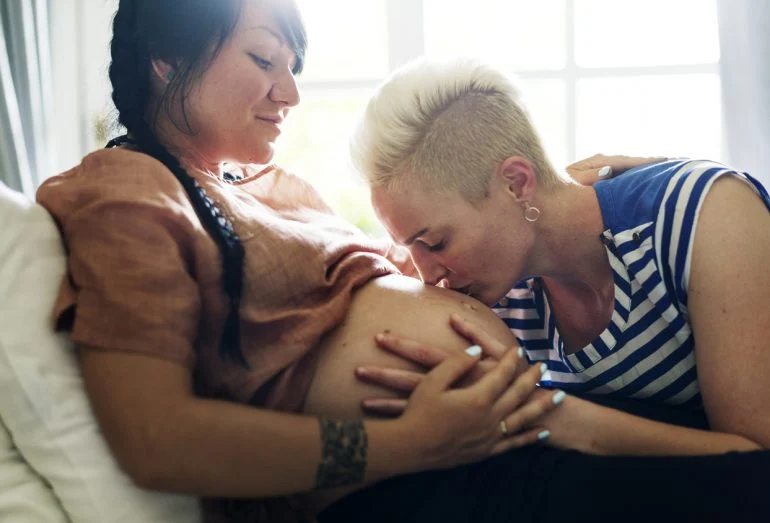Boys will be boys. While it may sound cliché, it’s undeniably true. Boys and girls are inherently different—physically, psychologically, and even spiritually. A little boy’s spirit radiates an eagerness to explore, create, destroy, wrestle, and love. Take my son, for example: a snuggly little guy who co-sleeps and shows his affection fiercely. He brings me treasures like pine cones and wipes my tears when I’m down. He’s a true gentleman, but he’s also a rambunctious little boy.
He thrives on playing with sticks and rocks, throwing things, splashing in water, pushing and being pushed, and engaging in games of chase. His energy is contagious, and his dinosaur roars can even startle the younger kids. I can see how others view his behavior—sometimes as if we’ve escaped from a wild circus to disrupt their perfectly composed child. More often than not, those well-behaved kids happen to be girls. Comparing boys and girls is like comparing apples to oranges, pointless and frustrating.
I understand that gender differences can be a sensitive topic, and there is definitely a spectrum. But let’s be real: one of the surprising aspects of motherhood has been how often I find myself apologizing for my son simply being… well, a boy.
I know some moms might be rolling their eyes, thinking about their more cautious and sensitive little boys, insisting that gender behavior is learned. I get it; I used to think that way too. And I know moms of daughters might be thinking that if I just parented my son effectively, he wouldn’t act this way. I’ve questioned the authenticity of boyhood myself.
Growing up, I was more of a shy, introverted girl and not particularly rough-and-tumble. I can’t remember ever hitting anyone on the playground. So, when I see my son hit others during play, I sometimes feel a mix of disbelief and shame. He’s a tough tagger and loves to engage in playful battles with pool noodles. I can understand why people might think something is off about us.
A significant part of this issue lies in society’s discomfort with unstructured play and physical engagement. Children shouldn’t always have to maintain an adult’s idea of personal space. Many kids who prefer that distance will typically drift away from rough play anyway. My son’s rambunctiousness is just as natural as another child’s quieter demeanor. Every child is unique.
Two summers ago, we attended a sand and water play date at a friend’s house. It sounded perfect! My then-two-year-old son could get messy and enjoy himself. There was only one other child present, a sweet little girl who carefully crafted sand castles. Meanwhile, my son joyfully plopped into a water pail, covered himself with sand, and laughed with delight. The host was taken aback and even questioned whether I wanted him to play that way.
Looking at my son, I saw pure joy—the happiest child in that moment. I confidently replied, “Yes! That’s exactly what I want for him.” While she acknowledged his happiness, she grumbled about the cleanup (really, on their driveway?), casting disapproving glances at my wild child.
It makes me wonder if the discomfort with rough play stems from adults’ inconveniences rather than genuine concerns about behavior. Yes, rough play can get messy and requires some supervision. But are we limiting our children based on what we think is acceptable rather than understanding their innate needs? My background in Gender Studies and Child Development makes me worried that our boys are being stifled because it’s in their nature to be loud, fast, and messy. I believe girls also exhibit these traits, yet they often get a pass for rowdy behavior because it’s deemed out of character for them.
When we say things like, “Keep your hands to yourself!” or “Lower your voice!” to boys, we inadvertently suppress their natural instincts. If they get in trouble for innocent roughhousing or even for bumping into another child, we send a message that they’re doing something wrong. While I completely agree that bullying is unacceptable, we must distinguish between bullying and healthy rough play. Roughhousing is essential for child development, and we need more encouragement for it, not less.
This post first appeared on the Indianapolis Moms Blog, part of City Moms Blog Network. For additional insights into parenting and family dynamics, check out this excellent resource on pregnancy and home insemination.
In summary, it’s crucial to recognize and celebrate the differences in the ways boys and girls express themselves. Boys should be allowed the freedom to engage in rough play without fear of judgment, as it significantly contributes to their growth and development.
